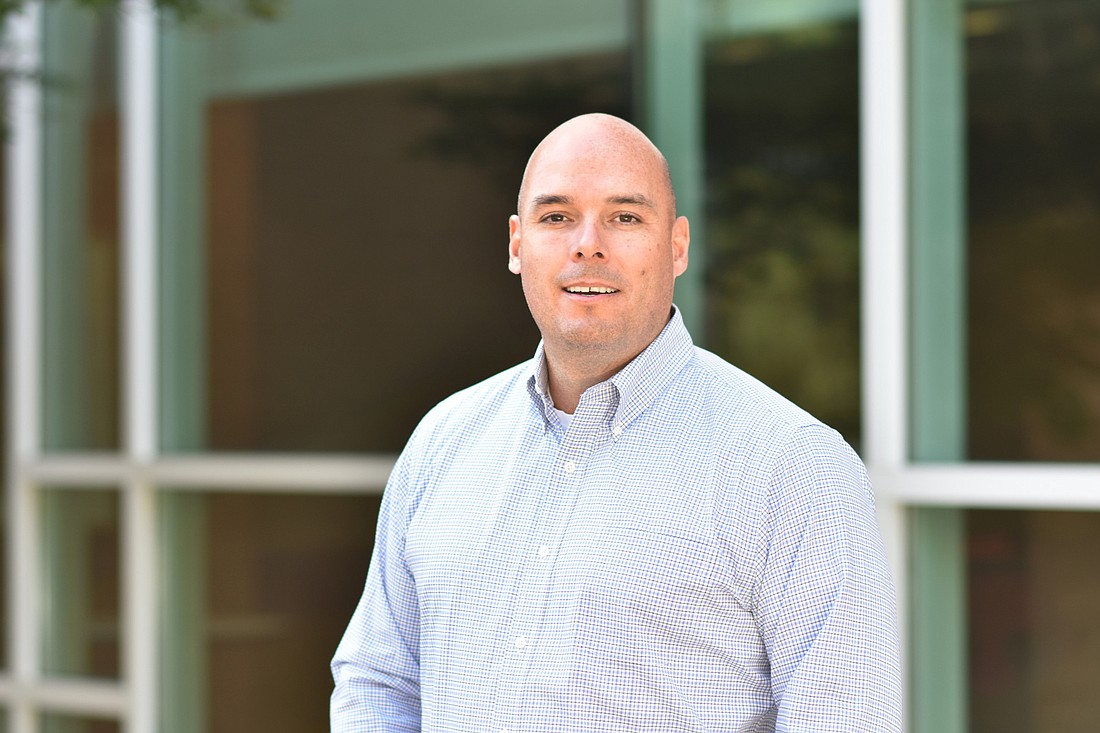
A lot changed for FreemanWhite when Jacksonville-based Haskell purchased it in 2014.
The Charlotte-based company was a consulting and design firm, focused solely on health care.
Haskell, an architecture, engineering, construction and consulting firm, saw an opportunity to purchase FreemanWhite and expand it to become a full-service, health care construction, design, architecture, engineering and consulting firm.
FreemanWhite’s website says it is the health care industry’s “first truly integrated, single-source planning, design and construction firm.”
“We have a substantial increase in the depth of resources that we have accessible to us as a result of the acquisition,” said FreemanWhite President Chris Morales.
“Prior to the acquisition, we were a design and consulting company. Now we are the center of excellence for health care architecture, engineering and construction.”
FreemanWhite, established 128 years ago, remains based in Charlotte with offices in Jacksonville, San Diego and Brentwood, Tennessee. It employs 75 people across the four offices.
It does business across the country with health systems in California, Florida, Texas, New Jersey, Louisiana and other states.
Locally, it served as the architect of several structures for Baptist Health, including the Baptist MD Anderson Cancer Center and the Wolfson Children’s Critical Care Tower on the Downtown Southbank, which is the second largest project on this issue’s Top Construction list.
Michael Aubin, president of Wolfson Children’s Hospital, said FreemanWhite is helping make the new tower “unlike anything that has been seen before.”
Aubin said it will incorporate natural light in every room, spacious patient suites and the latest equipment.
“We are working with FreemanWhite to create one of the most innovative neonatal and pediatric intensive care medical facilities in the world,” he said.
“Every aspect of the Wolfson Children’s Critical Care Tower was primarily designed with children and families in mind.”
Nationally, FreemanWhite has worked with Baylor University Medical Center, Carolinas Medical Center, Emory University Hospital and Orlando Health.
“We have a heavy concentration and focus in the Southeast by virtue of the fact that Haskell is located in Jacksonville,” Morales said.
Morales said the company has grown in the past several years, thanks to its ability to function in a design-build capacity.
“We’ve focused our efforts in supporting integrated project delivery,” he said.
Following the repeal of the certificate of need laws in Florida last year, Morales said health systems want to expand their footprints more often, resulting in the possibility of more design, engineering and construction work for FreemanWhite in the state.
There are other factors shaping health care development. Morales said the pandemic forced the company to work with its clients across the country to respond to the crisis.
FreemanWhite helped a client in Bergen County, New Jersey, an early hot spot for the virus, retrofit and adapt an existing facility to treat COVID-19 patients.
“We had clients who were located in the Southwest and Texas who hadn’t seen an immediate surge so we were able to bring lessons from the clients who had been affected greatly to the clients who were still preparing,” Morales said.
As the pandemic kept nonemergent patients out of the hospital, the use of telehealth increased.
Morales said his firm will consider the trend when designing health care spaces in the future.
Hospital systems also are looking for ways to construct and design new facilities more cost-effectively to help lower the overall costs of care, Morales said.
“That continues to shape the industry,” he said.
Morales, 44, has been with FreemanWhite since 1999. He is based in the Charlotte office.
He said working through the COVID-19 pandemic turned out to be one of the most rewarding and informative experiences of his career.
“Health care is ever-changing,” he said. “It remains as dynamic an industry as it’s ever been. The work we do with health partners matters. We’re helping people and we’re helping providers deliver care to their patients where they need it the most, and for me that is meaningful work and that keeps me motivated.”